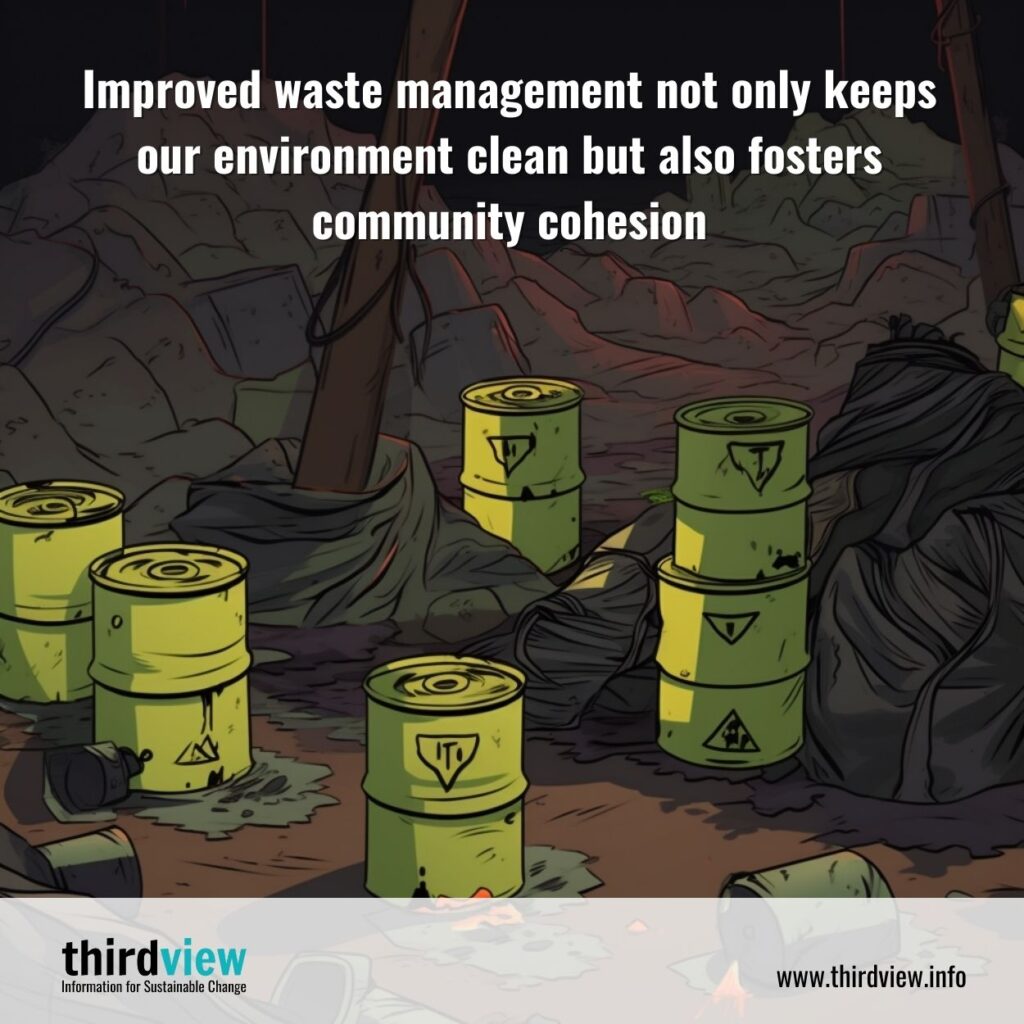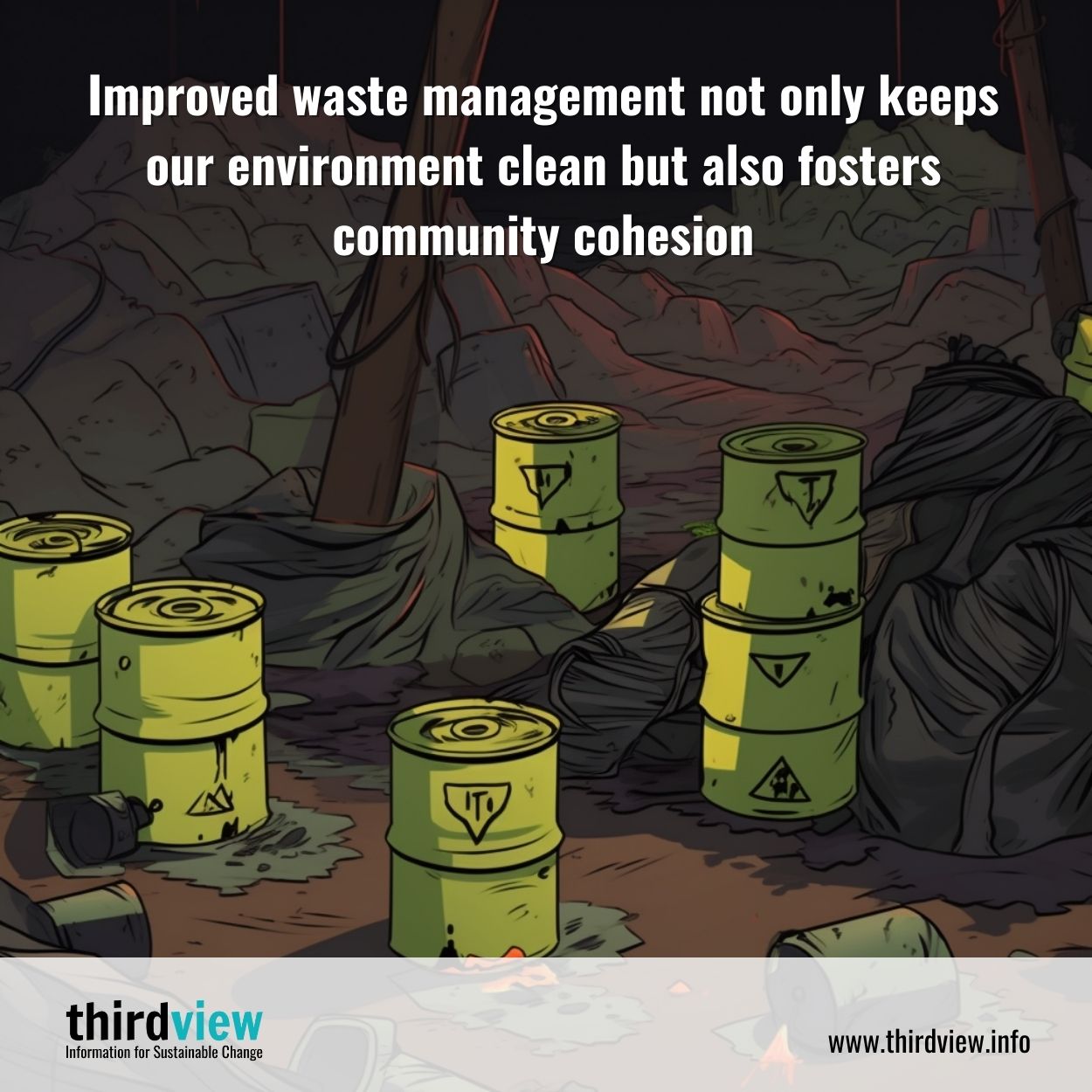We hear a lot about the alarming effects of climate change – melting glaciers, rising sea levels, and extreme weather events – but what about the quieter, and often more insidious, impacts of environmental toxins? While climate change undoubtedly presents an existential threat to our planet, it is merely one of the many environmental issues that humanity currently faces. Chemical waste, which includes everything from industrial by-products to pesticides and plastics, can wreak havoc on human health, wildlife, and their ecosystems. In this blog post, we will explore the less talked about but significant impacts of chemical waste on our well-being and the environment.
Chemicals in vast quantities end up in our water systems and soils
One of the most significant impacts of chemical waste is that it can contaminate soil and water. Chemical runoff from factories and landfills can leach into nearby water sources and affect the quality of drinking water. In some cases, such contamination can also impact soil quality, making it difficult to grow crops and harming the local ecosystem. This can lead to food scarcity and industry losses, ultimately affecting both human and animal life in the area.
Chemical pollution harms wildlife
The consequences of using chemicals and their careless disposal methods have considerable implications for our planet’s biodiversity. The toxins released into the environment can accumulate inside living organisms and have long-lasting effects. For instance, chemical by-products of plastics such as PVC get ingested by fish, after which, the plastic will break down into tiny particles, which can work their way up the food chain, ultimately exposing humans at the far end.
Exposure to Chemicals is carcinogenic
Even long after their intended use, chemicals can retain harmful properties. Exposure to these poisonous substances causes several health implications, including cancer, neurological problems, and various respiratory illnesses. Not all toxins present immediate, recognizable side effects, but the harmony of our bodily functions can easily be disturbed. Developing, and maintaining healthy habits and being conscious of the products we use, and their safe disposal methods can eliminate the possibility of getting sick due to exposure.
Our air gets polluted by chemical waste
Chemical pollution also extends to the air. Fires at hazardous waste sites and chemicals expelled from cars, planes, and large manufacturing facilities can contribute to air pollution. This pollution is harming not only the environment but also human beings as it leads to various health implications, such as asthma, lung cancer, and cardiac arrest.
Chemical waste is not biodegradable and lasts forever
Finally, chemical waste does not degrade; it stays in the environment for an extended time, contaminating the surroundings and affecting wildlife. Consequently, humans may be exposed to chemical waste through the food chain, inhalation, or direct contact. This reality should encourage us to make sure that all household products we buy, and all of their components should be health-friendly, biodegradable, or eco-friendly.
In conclusion, the adverse effects of chemical waste pollution are apparent, from soil degradation to loss of biodiversity and detrimental human health implications. We all need to take action in protecting our environment and, in that way, our health as well. Be mindful of the products you buy and their proper disposal methods and maintain an eco-friendly lifestyle. It is everyone’s responsibility to curb chemical pollution’s adverse impacts on our planet, wildlife, and fellow human beings.


